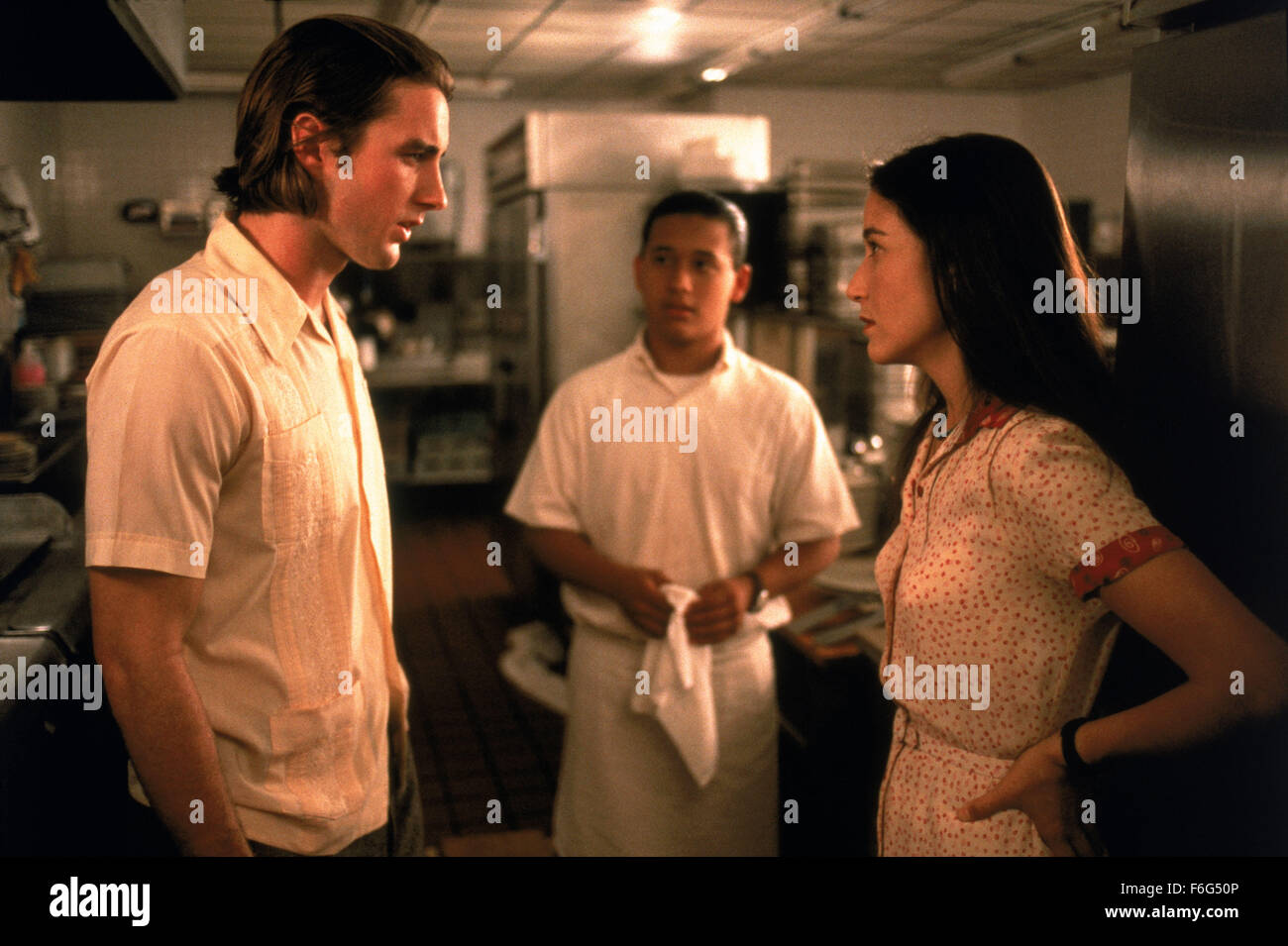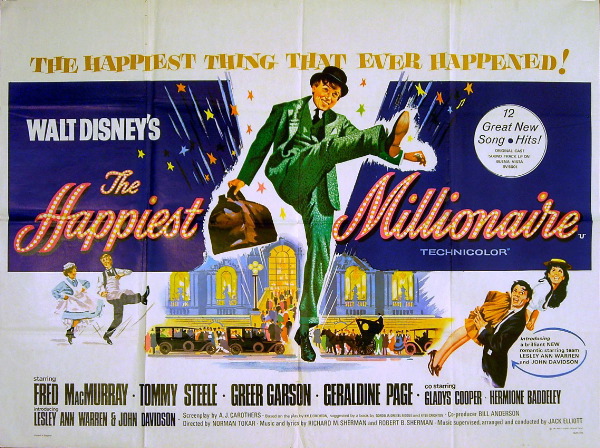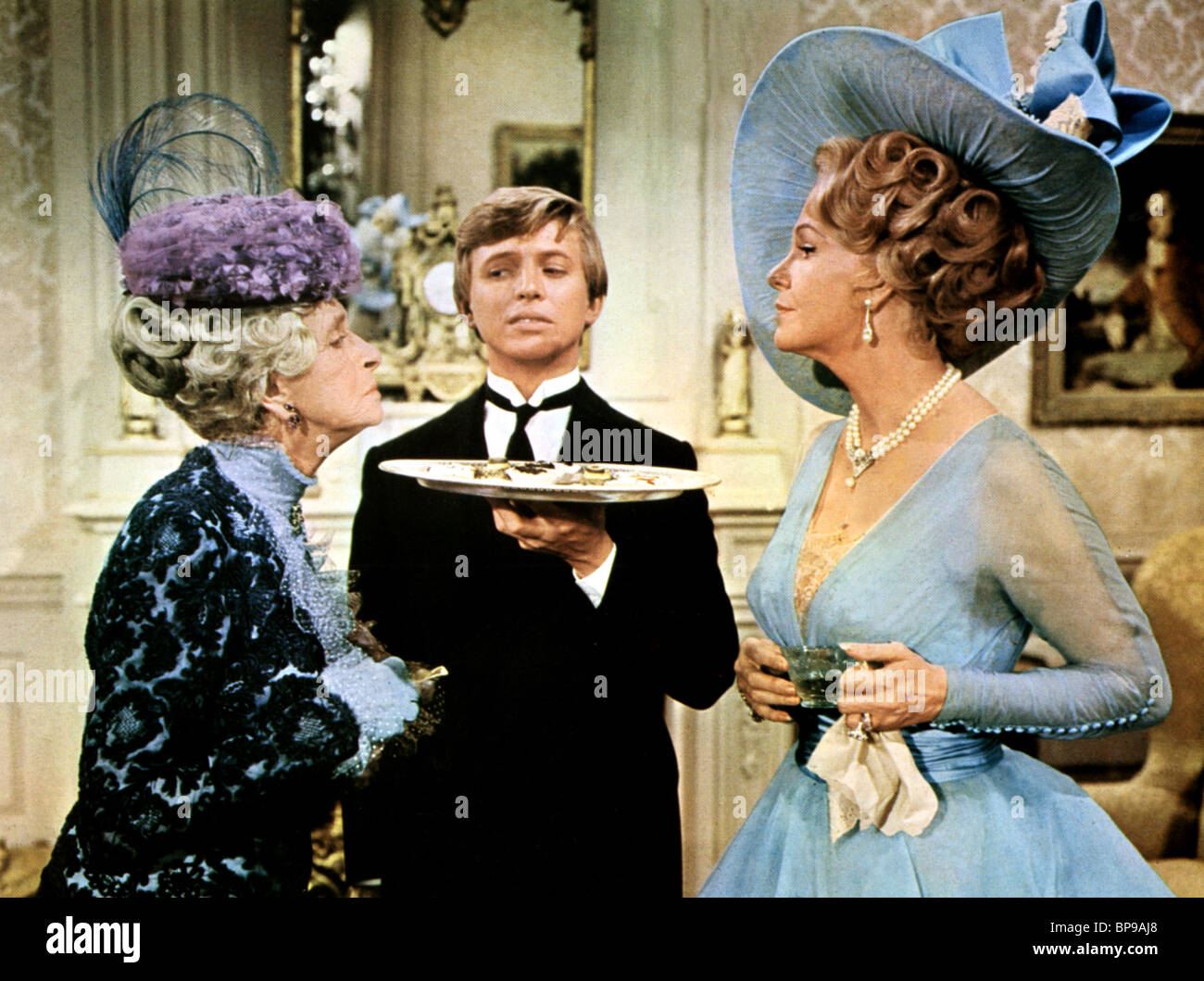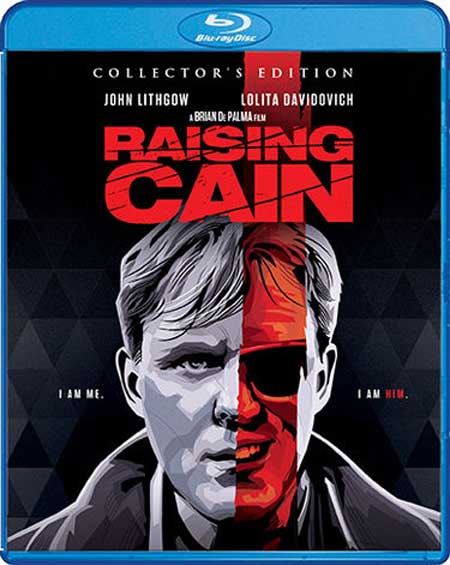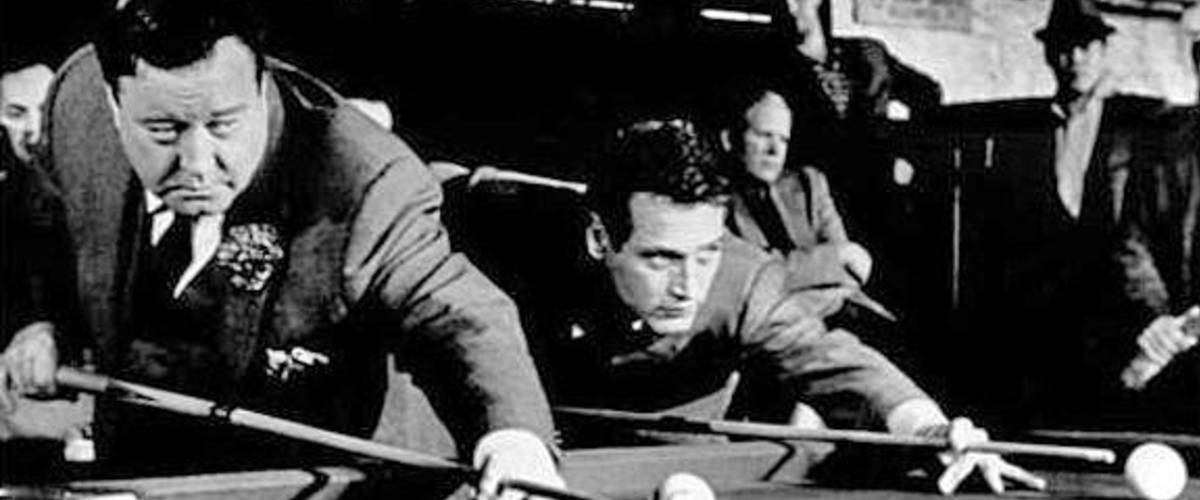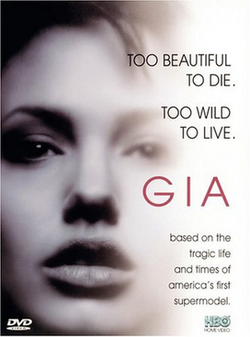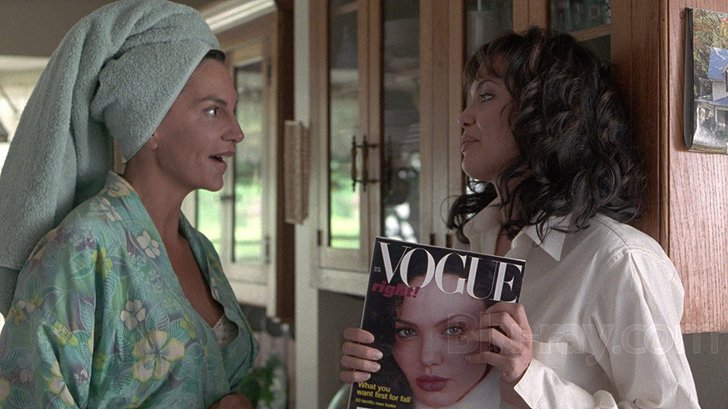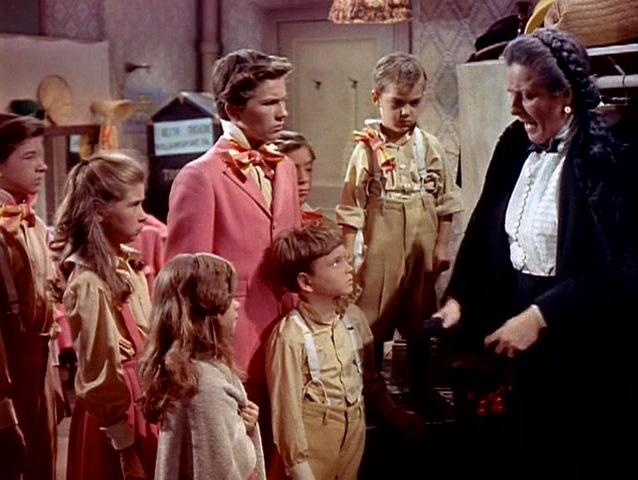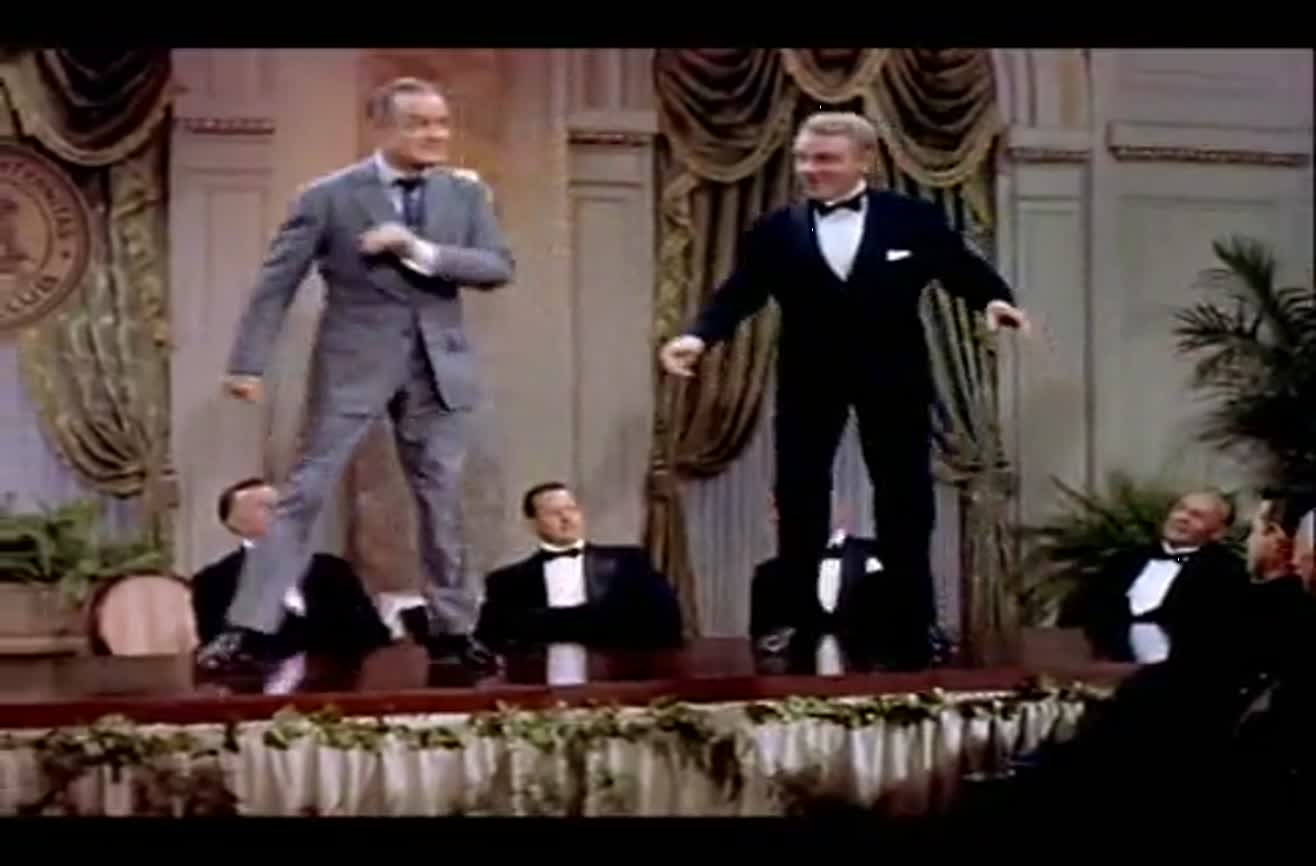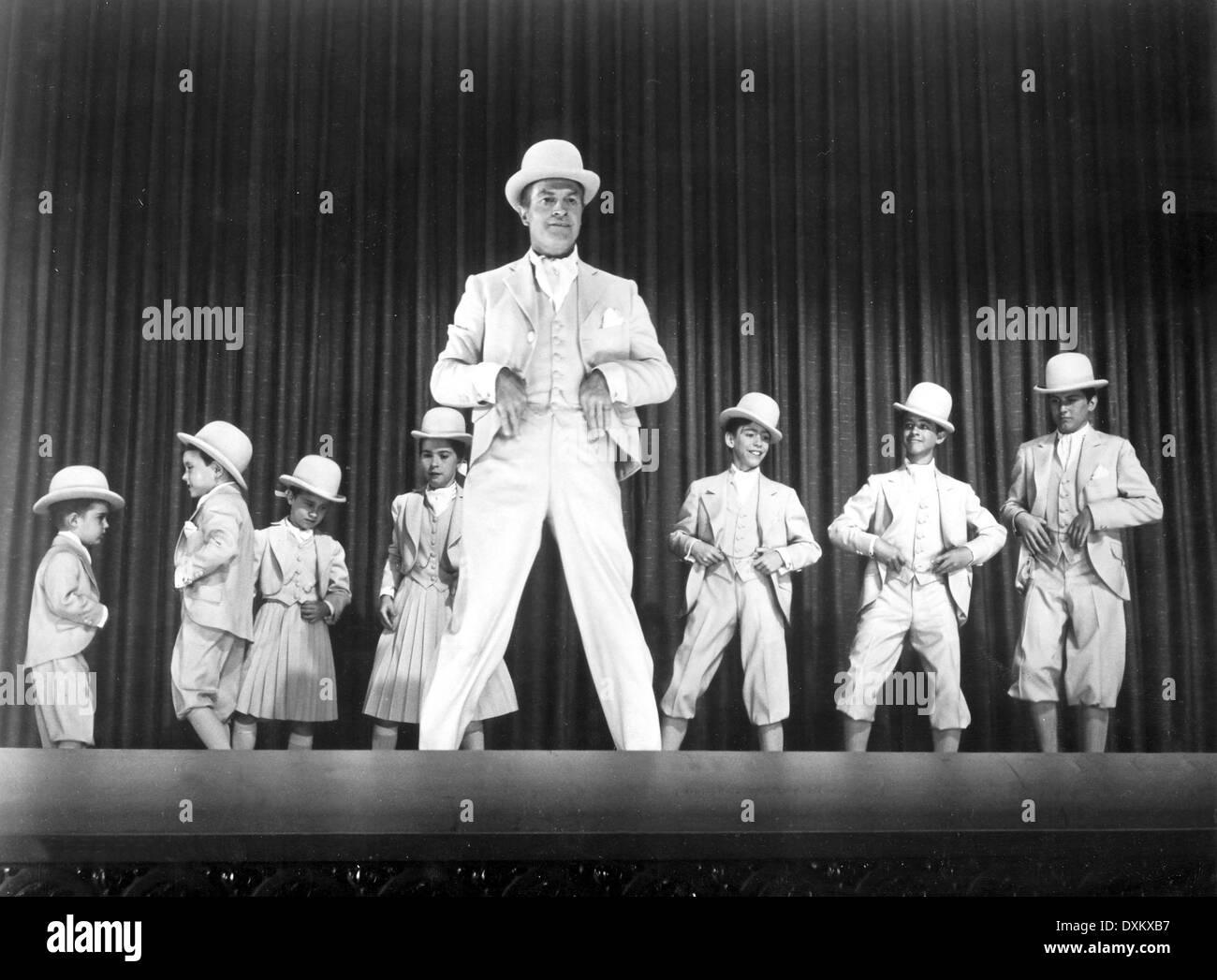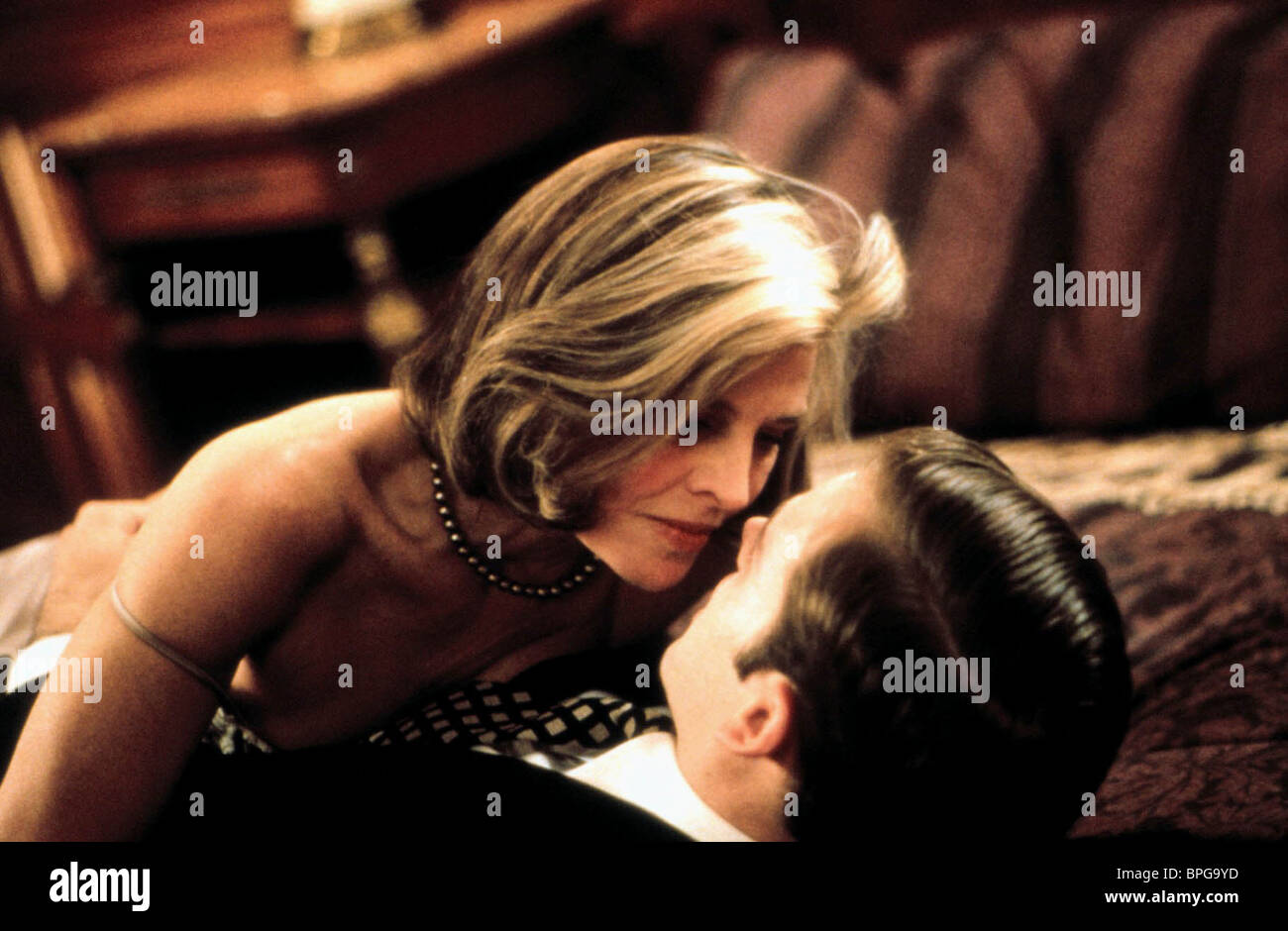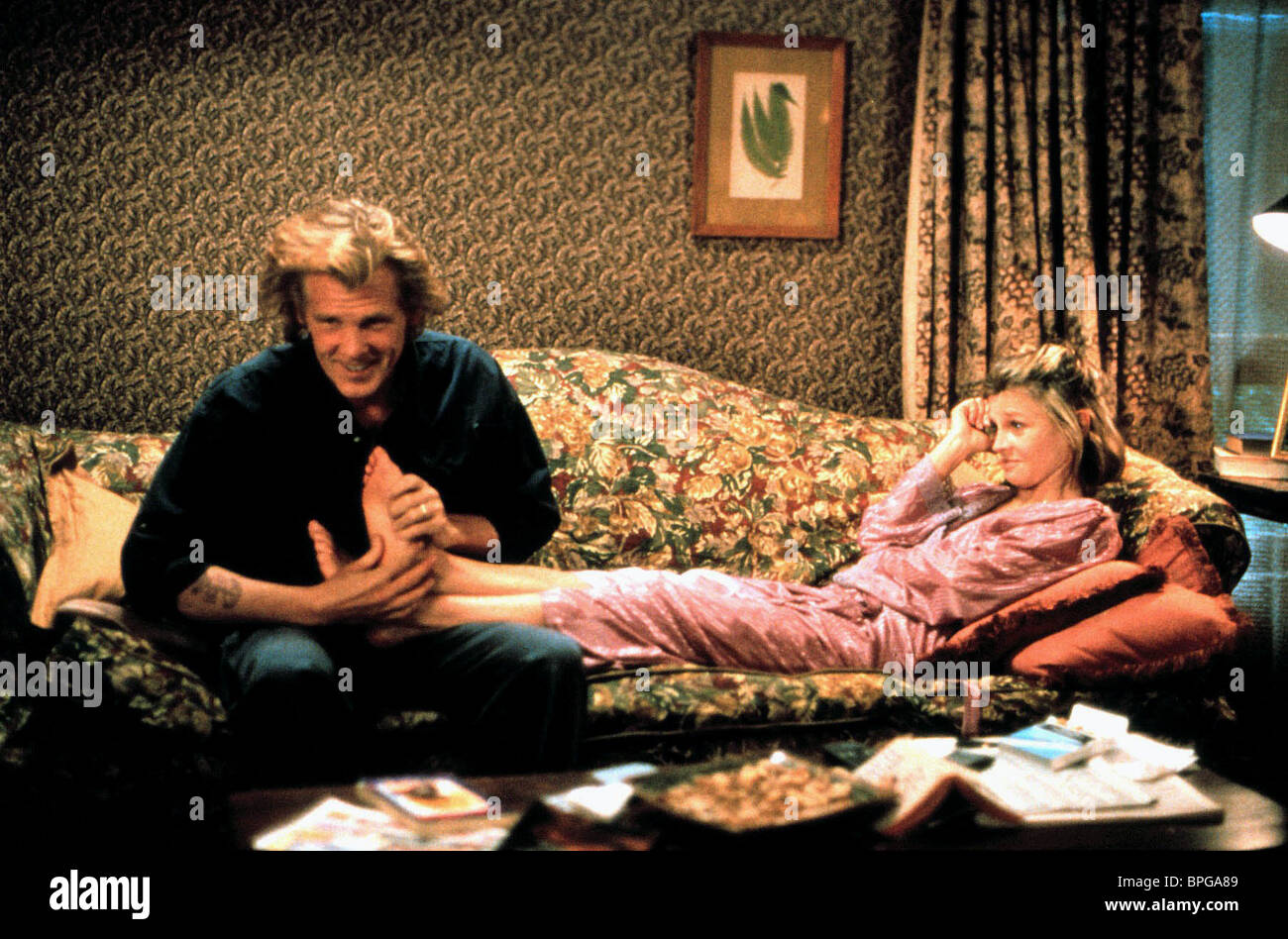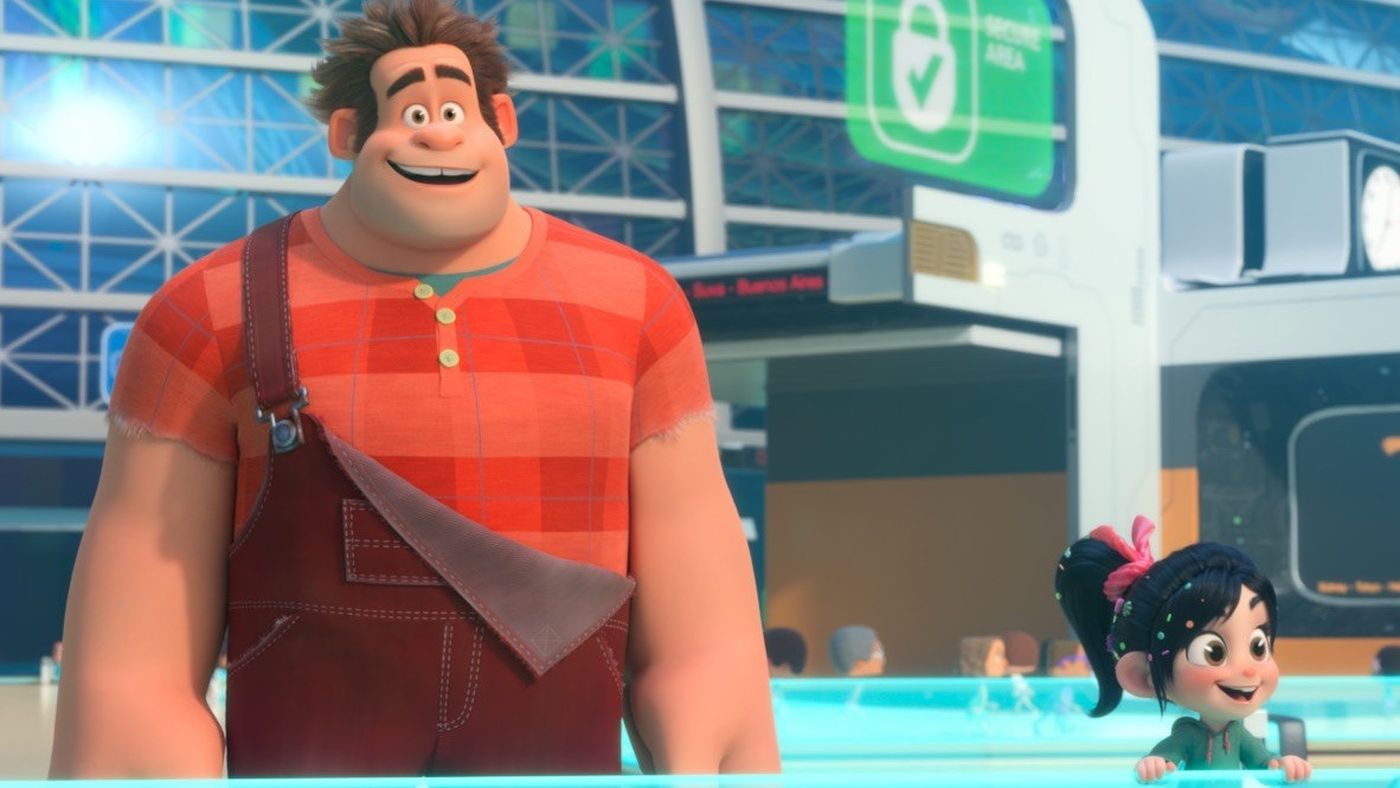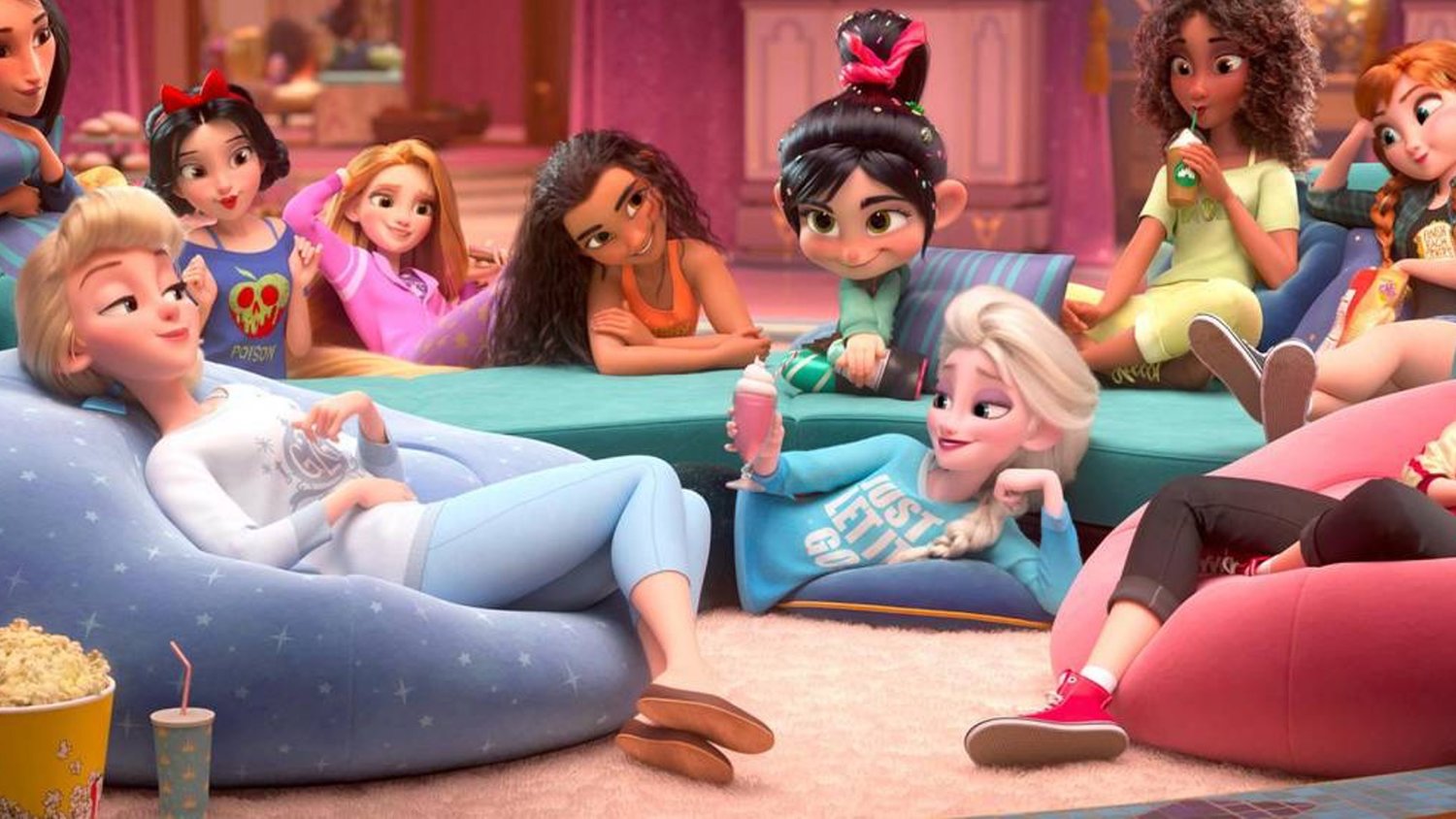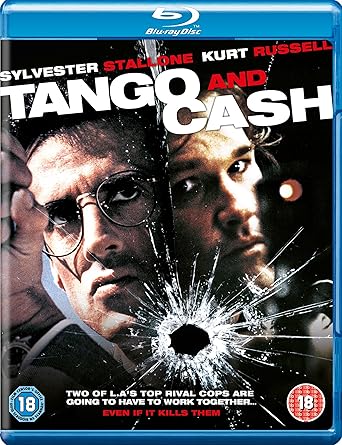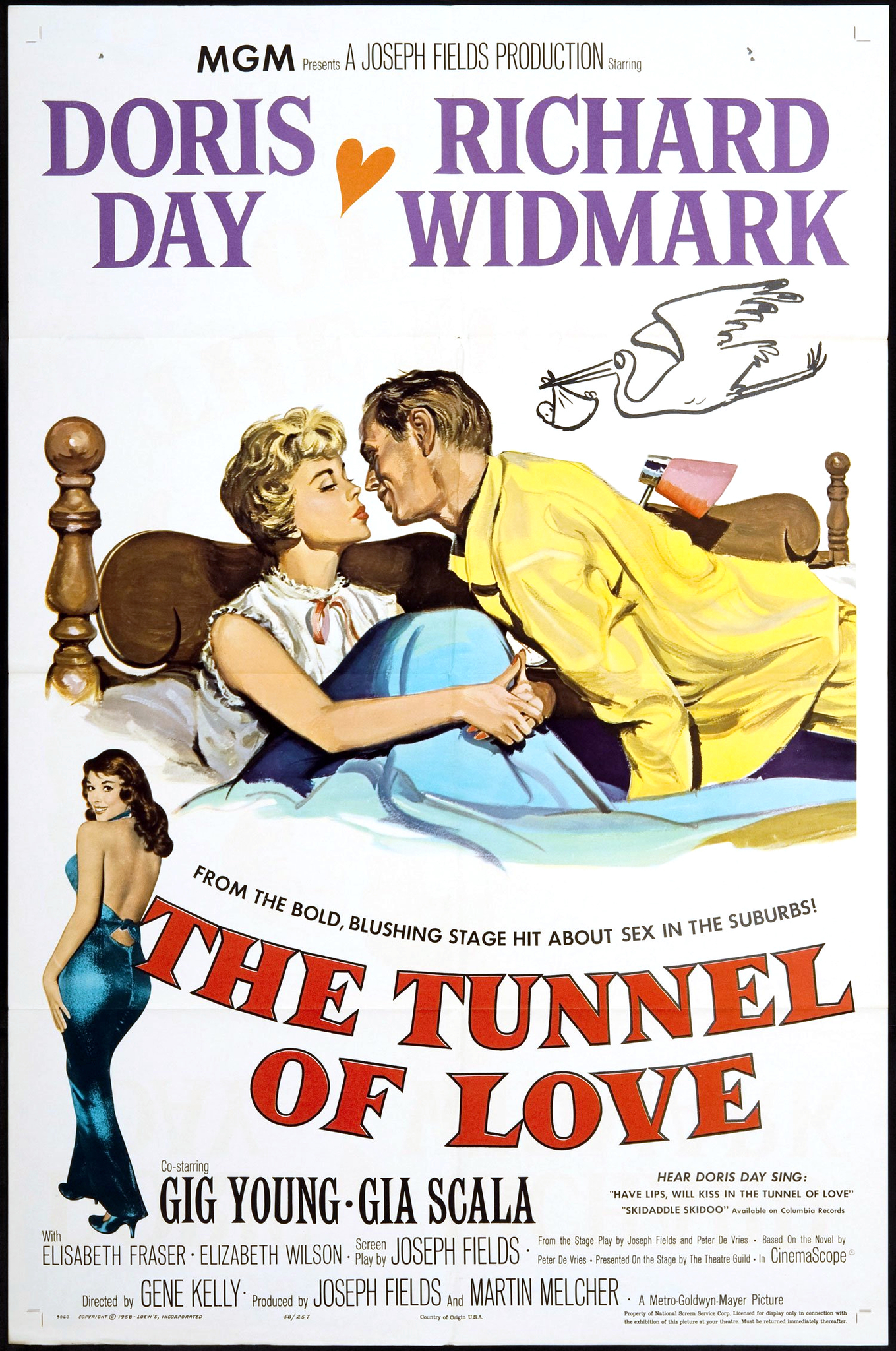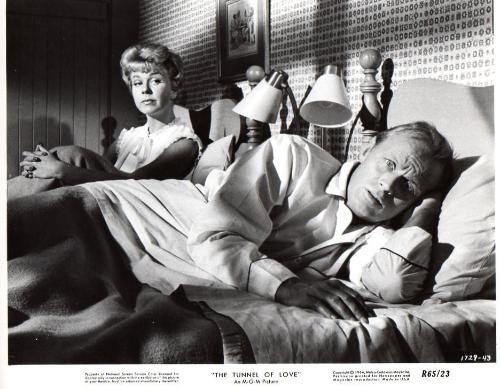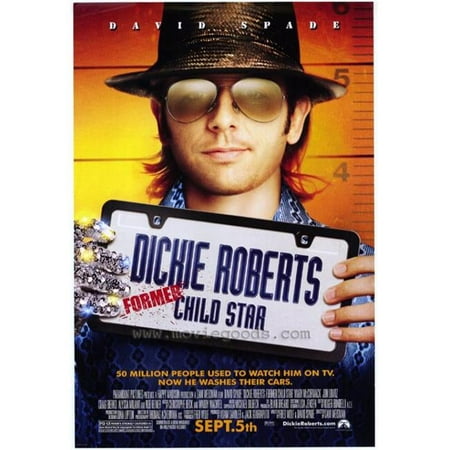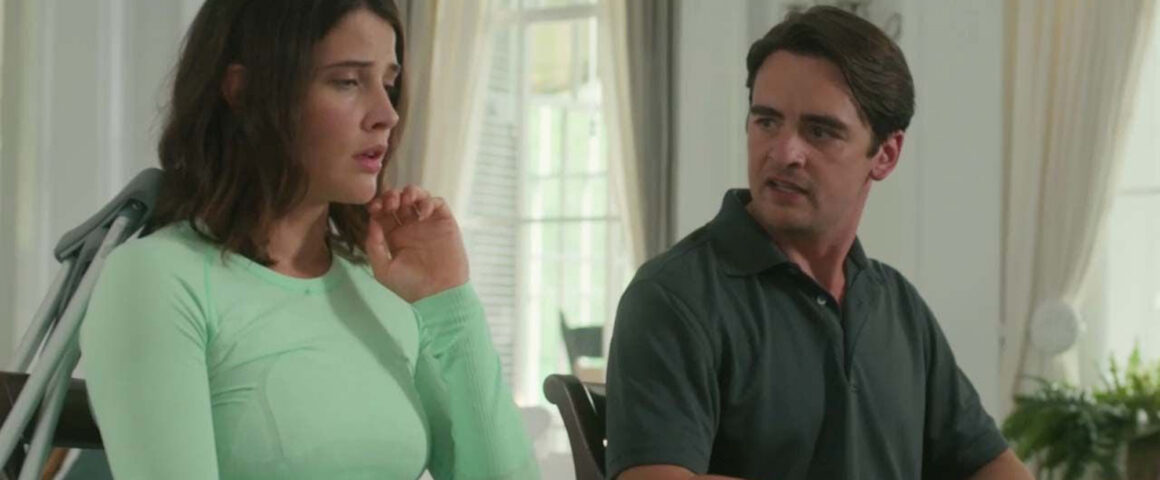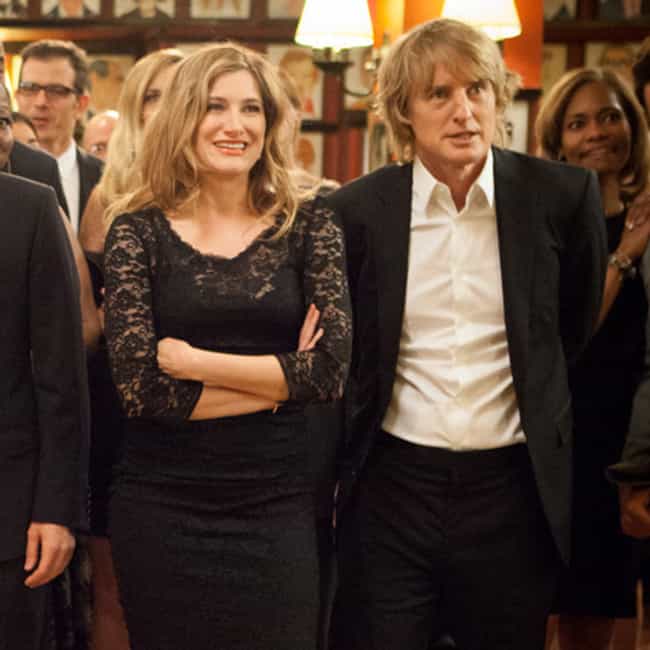Tone Bell: Can't Cancel This
Tone Bell has probably appeared in more cancelled television sitcoms in the last three years than any actor working in Hollywood right now, so it's no surprise that he recently returned to his stand-up roots in a 2019 concert called Tone Bell: Can't Cancel This that does provide laughs but there is an air about Bell's comedy that is rather off-putting.
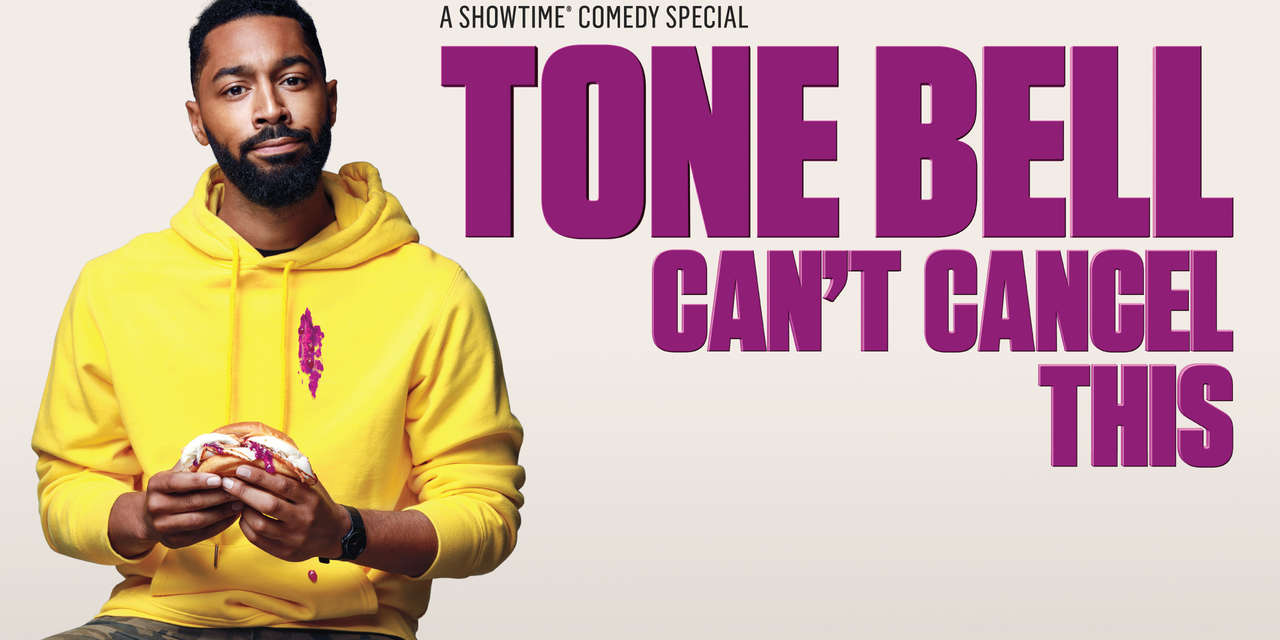
Filmed live from Dallas and originally broadcast on SHOWTIME, Bell gets off to a slow start talking about being geographically-challenged, having no idea where Alaska is. Once he gets past this routine, there is a general theme that pervades pretty much the rest of the concert and it is a somewhat subtle air of arrogance that hangs over the rest of his material.

He mentions the fact that he is originally from Georgia and when an audience member barks in recognition, he abruptly tells the audience member to shut up and let him tell the jokes. He then begins talking about the modicum of success he has had in the business which has not afforded him unlimited wealth, but has managed to get him out of debt, leading to a very amusing routine about paying off the balance on his student loans that climaxes beautifully with his one on one conversation with an operator named Patrick.
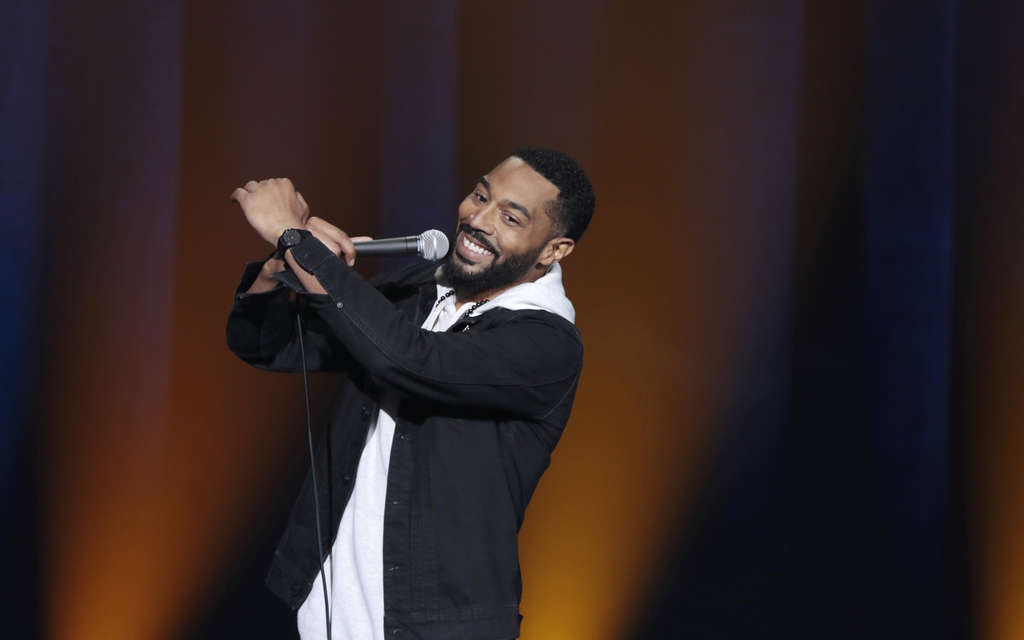
Bell offers some very funny observations about his parents, his father in particular, that had the audience in stitches which leads to a joke about what he has told his parents regarding the reason they aren't grandparents yet. He spends a good deal of time building to the punchline for this joke, but the punchline was not worthy of the buildup. The story about trying to get a packet of jelly at Dunkin Donuts almost made up for it.

Tone also is guilty of one my biggest pet peeves regarding stand-up...he spends a lot of time onstage laughing at himself, but he did regain a few points when the routine turned to his former homophobia and how conflicted he was when he was in a gay bar and nobody actually hit on him. This is something that I've always felt a lot of straight men are guilty of and I thought it was really cool that he was honest about it. Which also led back to arrogant remarks about being too pretty for jail. His final piece about being pulled over by a cop got WAY too serious for a guy who has starred in half a dozen cancelled sitcoms. Bell provides laughs and has some talent with the microphone, but he needs to put his ego in check a little bit.
Tone Bell has probably appeared in more cancelled television sitcoms in the last three years than any actor working in Hollywood right now, so it's no surprise that he recently returned to his stand-up roots in a 2019 concert called Tone Bell: Can't Cancel This that does provide laughs but there is an air about Bell's comedy that is rather off-putting.

Filmed live from Dallas and originally broadcast on SHOWTIME, Bell gets off to a slow start talking about being geographically-challenged, having no idea where Alaska is. Once he gets past this routine, there is a general theme that pervades pretty much the rest of the concert and it is a somewhat subtle air of arrogance that hangs over the rest of his material.

He mentions the fact that he is originally from Georgia and when an audience member barks in recognition, he abruptly tells the audience member to shut up and let him tell the jokes. He then begins talking about the modicum of success he has had in the business which has not afforded him unlimited wealth, but has managed to get him out of debt, leading to a very amusing routine about paying off the balance on his student loans that climaxes beautifully with his one on one conversation with an operator named Patrick.

Bell offers some very funny observations about his parents, his father in particular, that had the audience in stitches which leads to a joke about what he has told his parents regarding the reason they aren't grandparents yet. He spends a good deal of time building to the punchline for this joke, but the punchline was not worthy of the buildup. The story about trying to get a packet of jelly at Dunkin Donuts almost made up for it.

Tone also is guilty of one my biggest pet peeves regarding stand-up...he spends a lot of time onstage laughing at himself, but he did regain a few points when the routine turned to his former homophobia and how conflicted he was when he was in a gay bar and nobody actually hit on him. This is something that I've always felt a lot of straight men are guilty of and I thought it was really cool that he was honest about it. Which also led back to arrogant remarks about being too pretty for jail. His final piece about being pulled over by a cop got WAY too serious for a guy who has starred in half a dozen cancelled sitcoms. Bell provides laughs and has some talent with the microphone, but he needs to put his ego in check a little bit.
Last edited by Gideon58; 05-23-20 at 04:30 PM.



